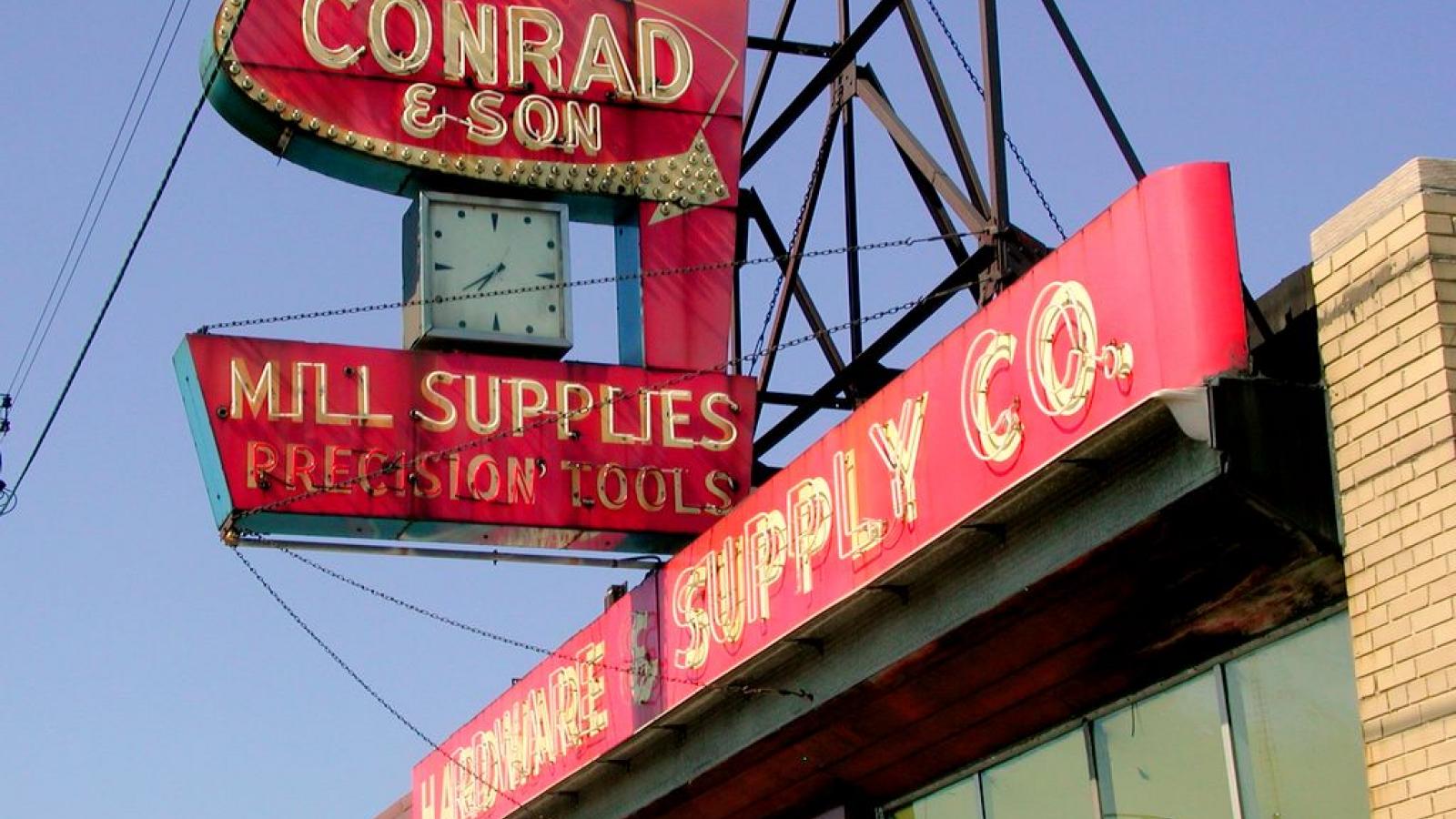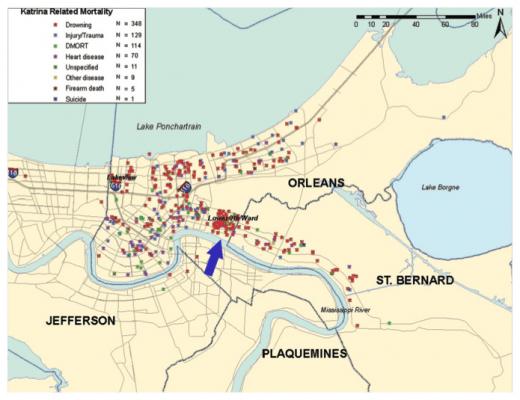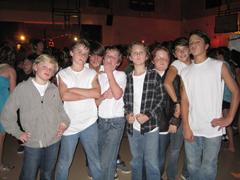The story in a way of a town that time forgot, or more accurately, a town that tried to forget the times. A special broadcast co-hosted by award-winning journalist Alex Kotlowitz, author of the books There Are No Children Here and The Other Side of the River.
-
Download Control-click (or right-click) Tap and hold to download
- Subscribe on Spotify Subscribe in Apple Podcasts Subscribe
- Transcript

It's the story of what at one time was one of most notoriously racist and corrupt suburbs in America. In the 1920s, Cicero was reputedly run by Al Capone, and federal indictments against organized crime there continued steadily all the way through the 1990s. In the 1960s, Cicero residents reacted so violently to threats of integration that officials told Martin Luther King, Jr.'s supporters that marching there would be a suicide mission. Today, two-thirds of the population is Mexican-American, but the political machine from decades past still holds power. A parable of racial politics in America, of white Americans not wanting change, not wanting to let in the outside world, and what happens when they have no choice.
Prologue
Untouchables
To understand how Cicero reacted when Hispanics started flooding into town, you have to understand how it dealt with conflict in the past. For a period the town was run by Al Capone, and the mob was connected to Town Hall for most of the twentieth century. Since the 1950s, the town also had the reputation of being "the Selma of the North," with black people being driven from town by angry mobs while the authorities turned the other cheek; and a police chief who wore a t-shirt that says, "Police Brutality: The Fun Part of Police Work." (7 minutes)



